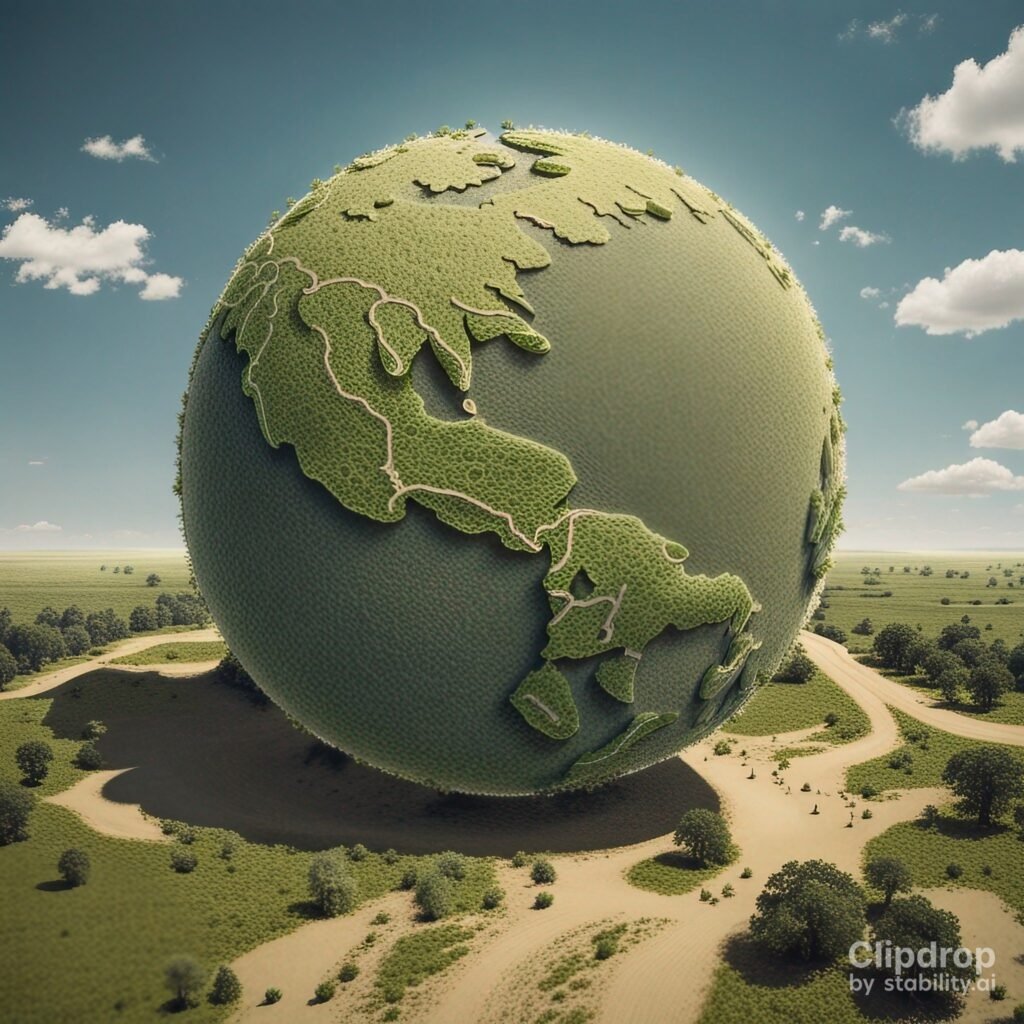Imagine a plant that not only supports sustainable agriculture but also offers diverse applications, from eco-friendly textiles to biodegradable plastics. Welcome to the world of industrial hemp. In this post, we’ll explore the multifaceted uses of hemp, delve into its environmental benefits, and provide a comprehensive guide to understanding why hemp is hailed as a sustainable powerhouse
Industrial hemp is incredibly versatile. Its fibers are used to create strong, durable fabrics that are not only eco-friendly but also fashionable. Hemp seeds are a nutritional powerhouse, packed with essential fatty acids and proteins. Additionally, hemp can be processed into biodegradable plastics and sustainable building materials, such as hempcrete, which offers excellent insulation and carbon-negative properties.
Environmental Benefits of Hemp Cultivation
Hemp is a champion of sustainability. It requires minimal water compared to traditional crops, grows rapidly, and can be cultivated in diverse climates. Hemp farming also improves soil health through phytoremediation, which absorbs toxins and replenishes vital nutrients. The plant’s deep root system prevents soil erosion, making it a valuable crop for maintaining healthy ecosystems.
Industrial hemp is not just a crop; it’s a beacon of sustainable living. Its versatility and environmental benefits make it a crucial component in the fight against climate change. What do you find most intriguing about industrial hemp? Share your thoughts and questions in the comments below, and let’s continue this important conversation about sustainability and innovation.








